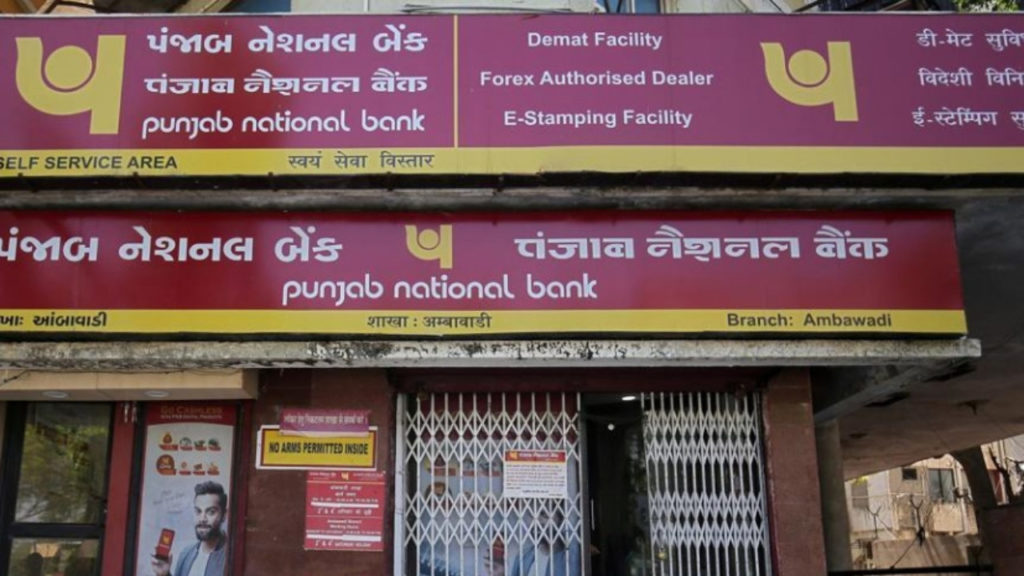Preparations are being made for the eventual privatisation of banking institutions.

Niti Aayog has listed the candidates that would be privatised and those that will be left out of the sale.
The government is considering privatising two banks and one general insurance firm.
This plan was announced in the budget address by Finance Minister Nirmala Sitharaman.
Banks to NOT be privatised
In August of 2019, four out of ten banks were consolidated by the government, bringing the total number of public sector banks down from 27 to 12.
The process of their integration is still waiting, though it may be finished soon.
The Finance Ministry has recommended to leave out these banks from the sale.
A government official has shared that none involved in the government’s bank consolidation is eligible to participate in the privatisation process.
List of excluded candidates
The NitiI Aayog-released list of excluded banks comprises:
- Punjab National Bank
- Union Bank
- Canara Bank
- State Bank of India
- Indian Bank
- Bank of Baroda
Government officials have said that they have no plans to privatise these financial institutions.
The privatisation of PSBs can be done through divestment of government stake to a wider base of investors.
Right step forward
Sanjiv Chadha, managing director (MD) and chief executive officer (CEO), Bank of Baroda (BoB) said the banking structure needs to be different from the one we have today, keeping in mind the aim to become a $5-trillion economy.
“The government must look at privatisation. Making a start by privatising two PSBs is the right approach,” he said.
Rajkiran Rai G, MD, National Bank for Financing Infrastructure and Development (NaBFID), said the privatisation concept comes at two points — PSBs need capital, and the efficiencies of banks are being discussed.
Their performance so far coming to growth, efficiency, or profitability has been good, thanks to consolidation of PSB space and the Covid-19 pandemic.
Private not always superior
Soma Sankara Prasad, MD and CEO, UCO Bank, said that the common belief is that whatever is private is efficient and good as opposed to public entities.
However, this is not always true.
Prasad said, “Efficiency is ownership-agnostic. If you create the right conditions for someone to function efficiently, things will be good — whether it is a public or private enterprise.”
He opines that privatisation is a call the govt has to make keeping in mind divestment, raising resources, and reducing its presence in the banking space.











